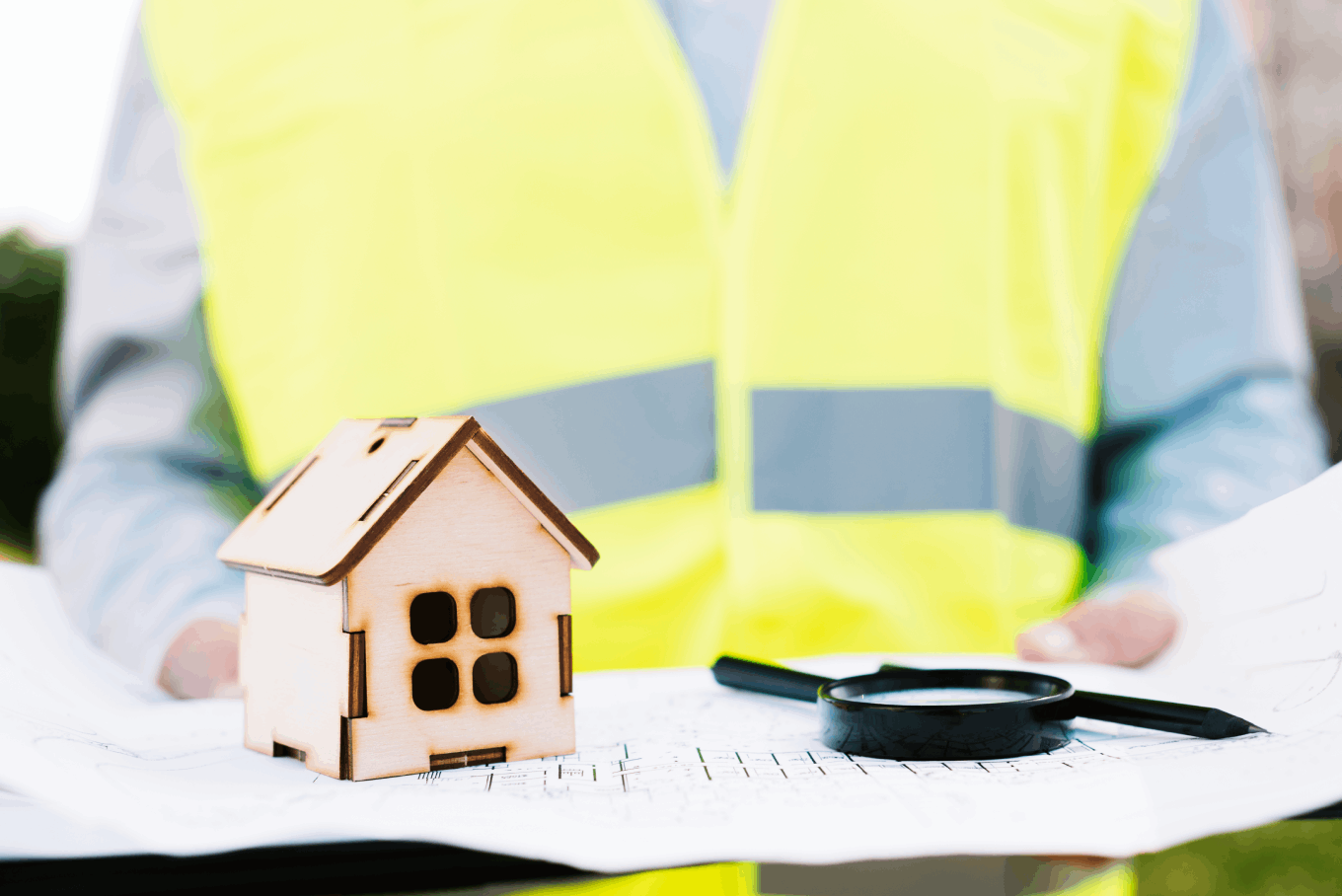Why Zoning Laws Matter More Than You Think When Buying Property

When shopping for a home or investment property, most people focus on things like price, location, or how recently the kitchen was remodeled. But one often overlooked factor can quietly shape what you’re allowed to do with the property: zoning laws.
Zoning may sound like something only developers deal with, but it directly affects homeowners, too. Whether you’re hoping to add a guest house, run a home business, or simply build a backyard shed, zoning rules can either support or block your plans.
What Are Zoning Laws?
Zoning laws are local regulations that determine how land in a city or town can be used. These rules group land into categories, like residential, commercial, industrial, or mixed-use, and outline what kinds of buildings and activities are allowed in each area.
If you’re new to zoning or want to learn from professionals who understand how it impacts long-term property planning, you can visit https://www.linkedin.com/in/alan-stalcup-09569545 to explore real-world perspectives and insights.
Even within residential zones, there are often subcategories. Some areas may permit only single-family homes, while others allow duplexes or multi-unit dwellings. The purpose of zoning is to create a sense of order in neighborhoods and reduce land-use conflicts.
Why This Matters to Buyers
Imagine buying a home with dreams of adding a rental unit over the garage, only to find out that it’s not permitted in your zone. Or maybe you want to open a home-based salon, but local rules prohibit any kind of business with foot traffic. These types of restrictions are more common than you might think.
Zoning rules can cover everything from building height and lot coverage to parking space requirements and even how many unrelated people can share a home. If your plans don’t align with current zoning, you may have to apply for a special exception, and there’s no guarantee you’ll get it.
It Affects More Than Just Big Projects
Even small upgrades or changes can be limited by zoning laws. Putting in a fence, converting a basement, adding solar panels, or building a detached garage might all require approval. In some neighborhoods, there are extra rules tied to historical preservation or environmental protections.
Understanding these regulations ahead of time can help you avoid frustration and extra costs later. It’s not enough to assume that because something exists on a neighboring property, it’s allowed on yours.
Zoning Can Change Over Time
It’s also important to know that zoning laws aren’t set in stone. Cities grow and shift. What’s considered residential today could be rezoned commercial in the future. New developments, road expansions, or school district changes can all trigger rezoning.
This can either work in your favor, by increasing your property’s value, or create unexpected challenges. Keeping an eye on city planning updates and neighborhood meetings can help you stay informed about what’s coming.
Do Your Homework Before You Buy
Before making a purchase, take time to research the property’s current zoning and what it allows. Local government websites often have zoning maps and ordinances available to the public. If you’re working with an agent, ask them to help you interpret what those rules mean for your goals.
Understanding zoning is not the most glamorous part of buying property, but it’s one of the most important. A little research now can help you make a decision that aligns with your plans, protects your investment, and prevents regrets later on.


